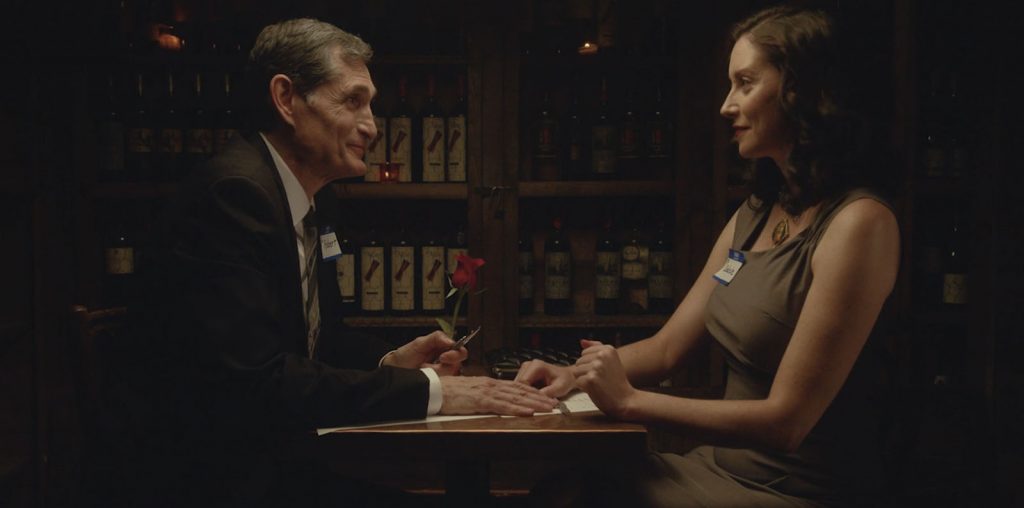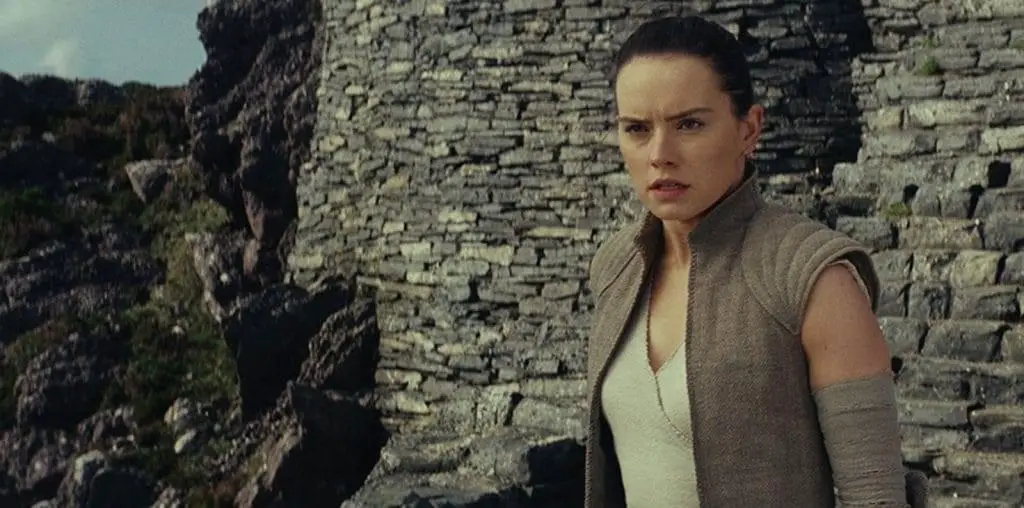
I’m willing to bet cash money that writer/director Matt McCormick is a Miranda July fan. There is so much in “Some Days Are Better Than Others” that is reminiscent of her brilliant 2005 film “Me and You and Everyone We Know”. It’s impossible to ignore the uncanny similarities. Lonely characters plod through their mundane lives looking for beauty and meaning. One character drives around an old man. One character makes performance art videos wherein she interviews herself and gives brutally honest answers about her fragile emotional state. Indeed it’s so similar that it almost feels like a remake, albeit a poor one. The plot plays out like a reverse version of “Me and You…”; only “Some Days…” lacks a couple of key elements that made July’s film so wonderful. Namely: humor and performance.
“Some Days Are Better Than Others” tells the vaguely intertwining stories of several residents of misty Portland, Oregon. Eli is an aimless temp who takes truly odd jobs (like counting the milk at grocery stores) whilst driving around with his step-grandfather, an eccentric inventor fixated on getting his experimental film recognized. Katrina works at an animal shelter and is obsessed with the notion of becoming a reality TV star. An insecure introvert, who wears her heart on her sleeve, she seems like an unlikely candidate for such a shameless, exposed medium. Camille, a sorter at a donation center, is even more socially crippled, interacting with other people only when absolutely necessary. When she finds an urn among the donated items, she becomes preoccupied with finding the owner of the little girl’s ashes contained therein.
There’s something to be said for hiring amateur actors in order to lend some realism to a film. But it only works if the dialog flows like natural conversation. When someone stumbles over philosophical lines it really draws attention to the fact that these aren’t their words, but the words of the screenwriter. It’s difficult to be moved by a film when you’re constantly being taken out of it. I don’t know if James Mercer (lead singer of The Shins) and Carrie Brownstein (lead singer/guitarist of Sleater-Kinney) get better partway through the film or if one just gets used to their stilted line readings. But they certainly never get good. Renee Roman Nose seems sweet and earnest but it’s almost painful watching her act. Her performance brings to mind the awkwardness of the non-professional cast of Steven Soderbergh’s “Bubble.” It’s not pretty.
McCormick’s script does attempt a few light moments and some of them aren’t complete failures. Benjamin Farmer is amusing as a brash supervisor at one of Eli’s temp jobs. But other jokes fall flat. A scene in which Katrina inadvertently finds herself at a seminar scam goes for the easy, obvious laugh. And it’s not particularly funny.
Not happy with just having his characters say how they feel, or letting Portland’s gloomy backdrop exemplify their mind-set, McCormick also throws in a few bonus moments of compulsory symbolism. The camera lingers for ages on a street lamp at dawn. Apropos of nothing, a sequence of shots of boarded up houses plays like a project from the first week of film school. A couple of unnecessary dream sequences redundantly illustrate Eli and Katrina’s respective anxieties.
On Bruce McCulloch’s comedy album “Shame Based Man,” he has a sketch in which someone calls into a radio show with the advice that all the lonely people in the world should “just pair up.” The reason this is funny is because it’s totally unrealistic. People are happier when they have other people, but finding that other person who can fulfill you isn’t as easy as just meeting someone else who is lonely. It works in July’s film because her two main characters have chemistry. Even so, their pairing is difficult. That’s because life is difficult and people are complex. But McCormick seems think it’s the answer for Katrina and Eli. His entire story is so obviously implying this “easy” solution.
Still, McCormick shows promise as a filmmaker. There are some good ideas here. Let’s just say some parts are better than others. But I definitely liked it better when it was called “Me and You and Everyone We Know”.


Interesting! So it’s a sort of “mentor” relationship, is it?
Miranda July is the narrator in McCormick’s 2002 short “The Subconscious Art of Graffiti Removal.”